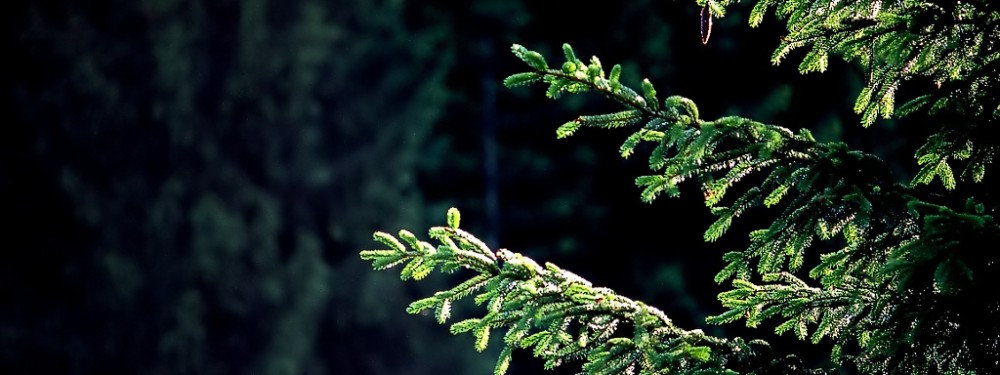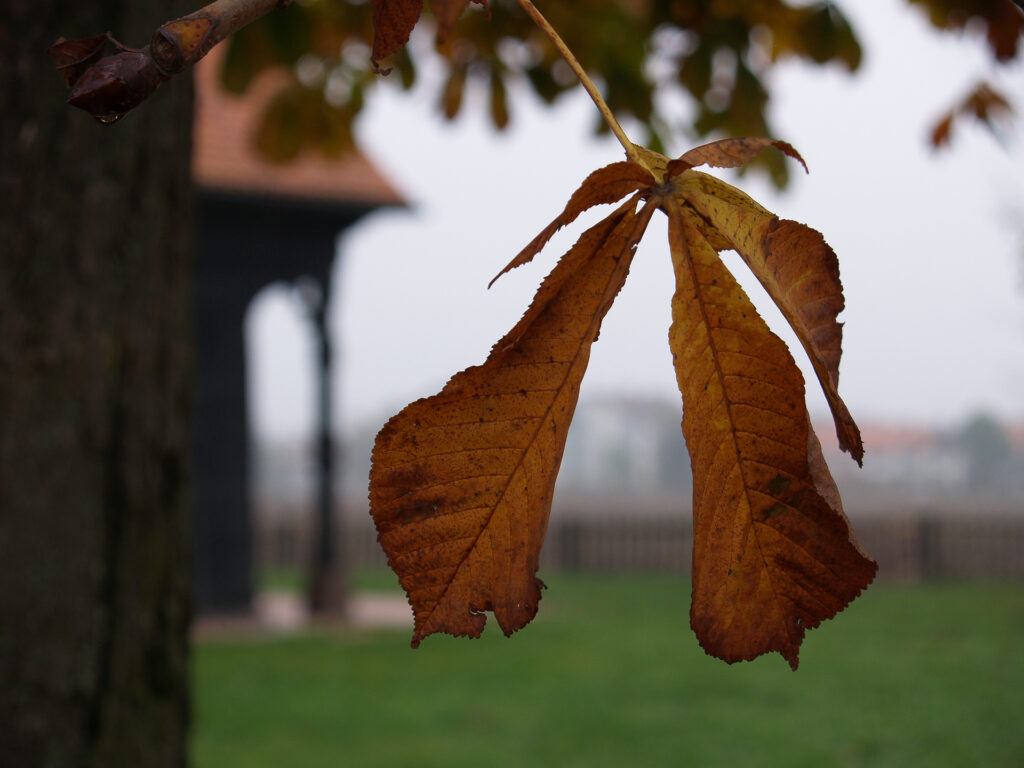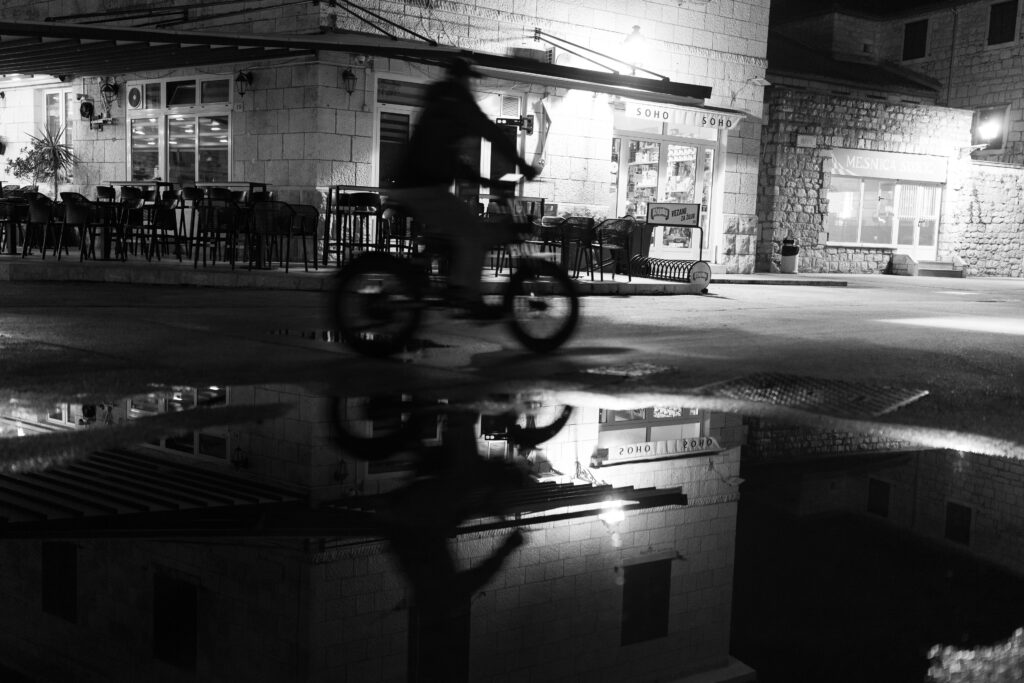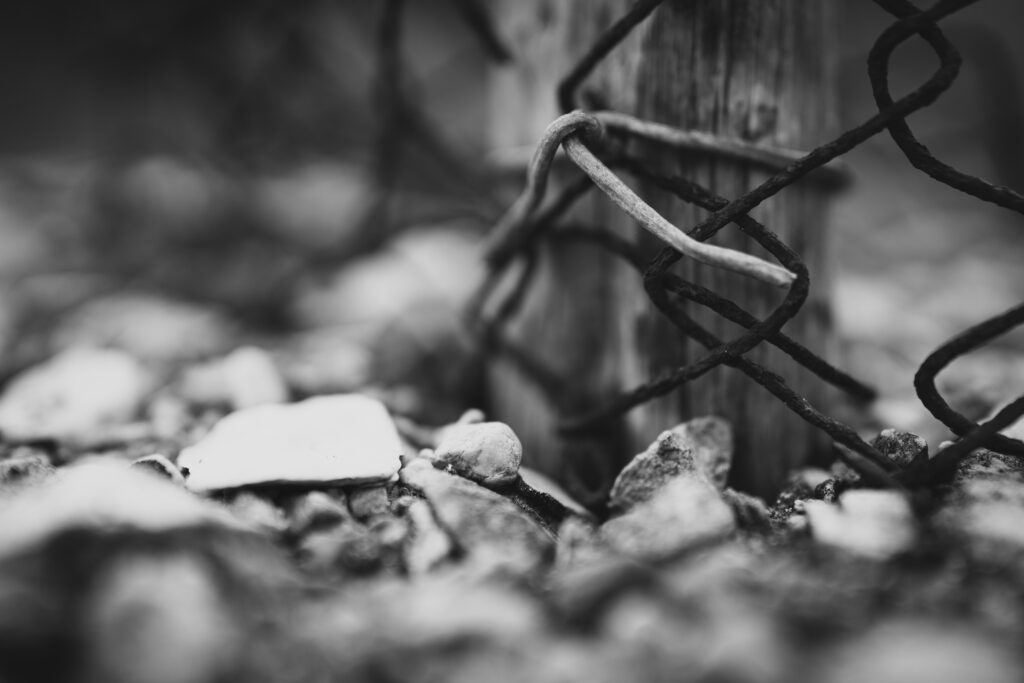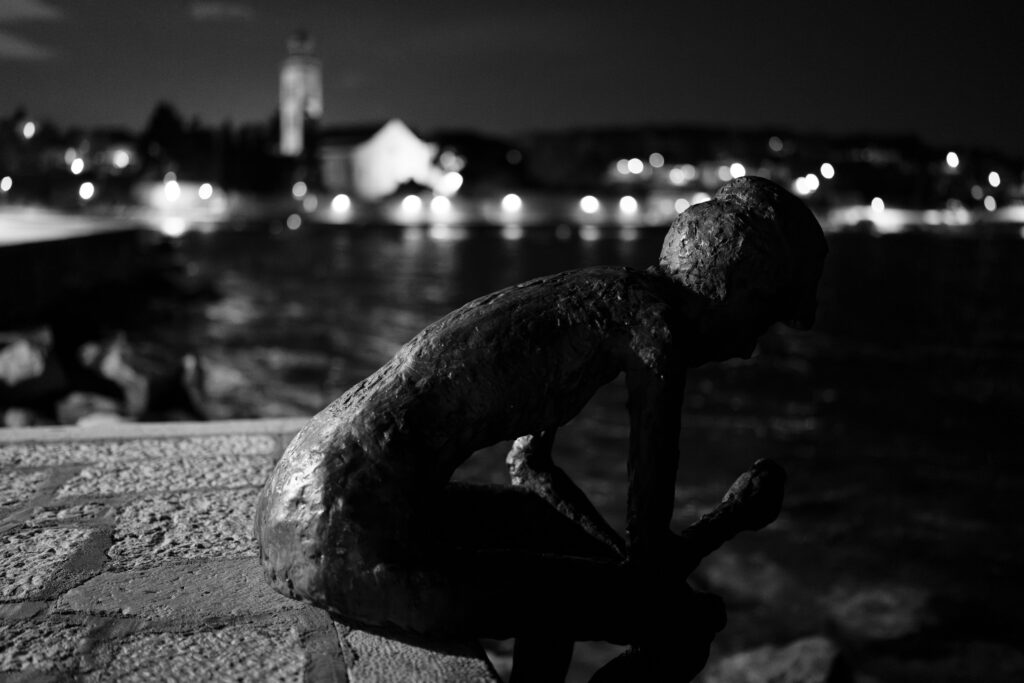…why am I not using it myself? Regarding the four thirds setup from the last article, where I recommended it to beginners who want to learn photography.
I could do a short or long form answer to this.
The long form is, I did use four thirds sensor cameras for quite a while, and I’m very much used to both the aspect ratio and the way the sensor works, depth of field and all. It’s not that I don’t like it, or that I can’t produce good pictures with it. However, it’s not doing everything I want. For instance, I tried photographing a night sky with stars, and the picture would fall apart from noise. Or I would try to take pictures of deep dark tones in something, and they would turn brown from noise contamination, instead of the deep black tones. Or I would try to control the depth of field, and I would have too many constraints put on it – you need to come super close, you need greater focal length, you need more aperture, and so on. With 35mm, I can blur things out at f/4 with a wide focal length if I want to, and with 4/3 I’d need a f/2 lens for that, and when you get a f/2 lens, it’s both expensive and heavy and you look at that and think, wasn’t this supposed to be a small and light camera system?
Also, with 35mm it’s easy for me to blur out the background, and it’s still easy to get everything sharp for a large landscape print. It’s easy to get both resolution and dynamic range and reasonably low noise. With four thirds, it’s “pick one”, but then you lose the other. With 35mm, I can have 24 to 61 megapixels of resolution while retaining deep, voluminous tonality in the dark. I can have extremely shallow or very deep depth of field. I can occasionally be forced to crop something quite strongly, and still retain enough resolution to make a big print. Sure, it has its own technical nonsense – for instance, the Olympus four thirds lenses are of such technical quality, that I got quite a surprise when I switched to 35mm Canon and it turned out that even the high quality lenses display all sorts of CA, corner softness etc., that I wasn’t seeing on four thirds. However, the overall image quality on Canon was still better and more to my liking.
The excellent image quality of the Olympus “kit” zooms means that for very little money you can get the general image quality – colours, clarity, lack of optical defects – that is otherwise typical of very expensive glass on the 35mm. The sensor on the camera, however, has a much narrower sweet spot than the 35mm. With the Canon 5d, I could get a very “juicy” ISO 3200 shot, while on the four thirds cameras of the time ISO 800 was already a mess. Sure, the modern micro four thirds cameras have much better sensors, but still, you really need to push technology there, and 24MP on a four thirds sensor is pushing it about as much as a 100MP sensor would be pushing 35mm.
So, although it’s a great system for getting into serious photography for the price of the memory card for my A7RV, and you can print a very nice exhibition on B2 to B1 sizes with the modern four thirds cameras and lenses, I like how I can take a casual shot of a cup on my desk with the 35mm, and it becomes a study of light and shade. It makes things easy for me. I understand that might not be the case universally; some people actually struggle with 35mm, exactly because of the depth of field that makes it difficult to nail the exact focus and contain the subject within the DoF, and four thirds can make this simpler.
Also, as one learns photography, they will make so many mistakes that it almost doesn’t matter what equipment they use, as long as it is minimally competent. A beginner will struggle to get things in focus, they will struggle to hold the camera steady, they will struggle with composition, they will shoot into the sun and make a mess of it, they will shoot the wrong things at the wrong times of the day, they will forget to take the tripod and then try to shoot blurred-out water and get everything blurry instead. They will try to take pictures of waterfalls during the day and then understand that they have 1/1000s exposure, then try to stop it down to f/22, still not have long enough exposure but come home with a card full of shots completely soft from diffraction. I made all those mistakes in my time, and my landscape shots were so technically flawed that I couldn’t even get fully sharp 5MP on the E-1. So, whether a beginner gets a 24MP body or a 5MP one, they will struggle with composition so much that almost everything they make will end up in the trash, and the rest will be misfocused, motion-blurred, or have some other technical flaw that will render it useless. In case they actually nail the composition on something, the technical deficiencies will either limit the actual resolution or make it irrelevant altogether. So, better not dump too much money into that phase of the learning process; you need something that makes it easy to learn, not something that aims at technical perfection in the hands of a master.
You can learn just fine on a 200 EUR system. As you improve, you’ll know what you want and what to get, but one has to start somewhere. If you have a smartphone with a good camera, you can practice composition with that. What can a smartphone do?
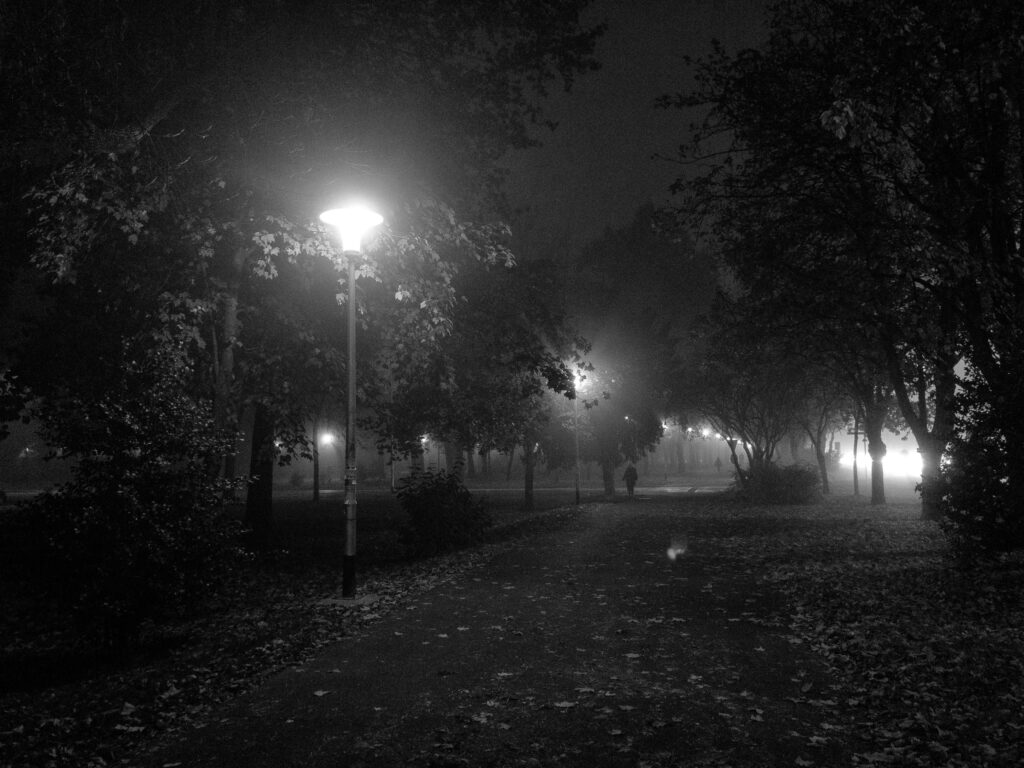
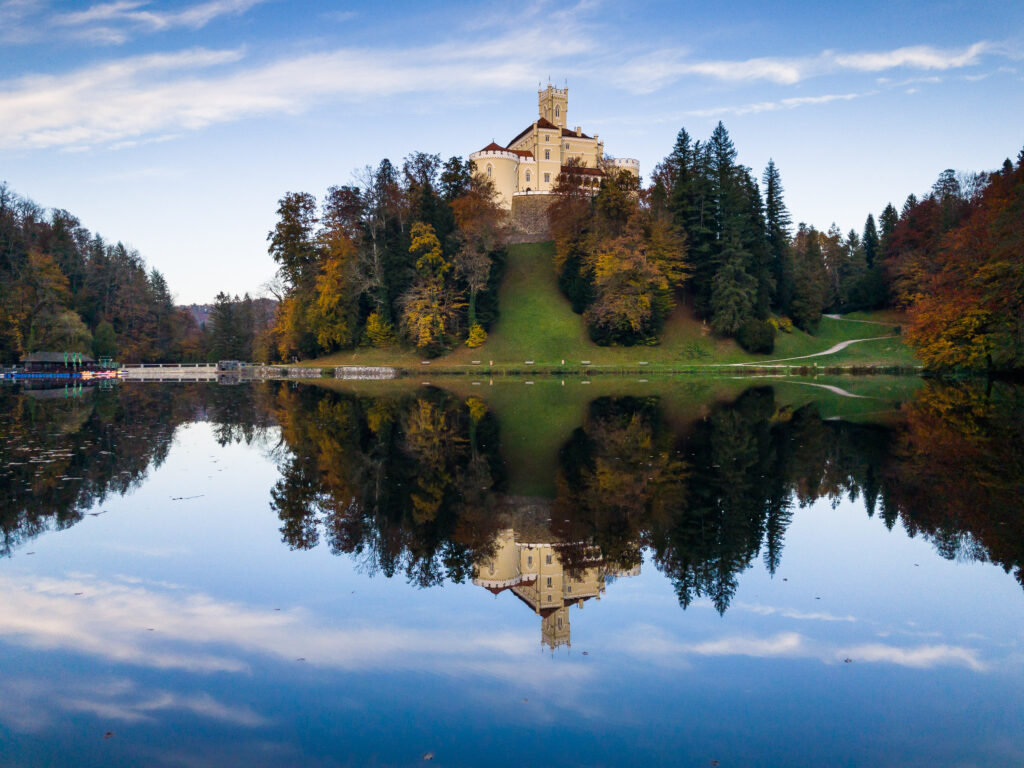
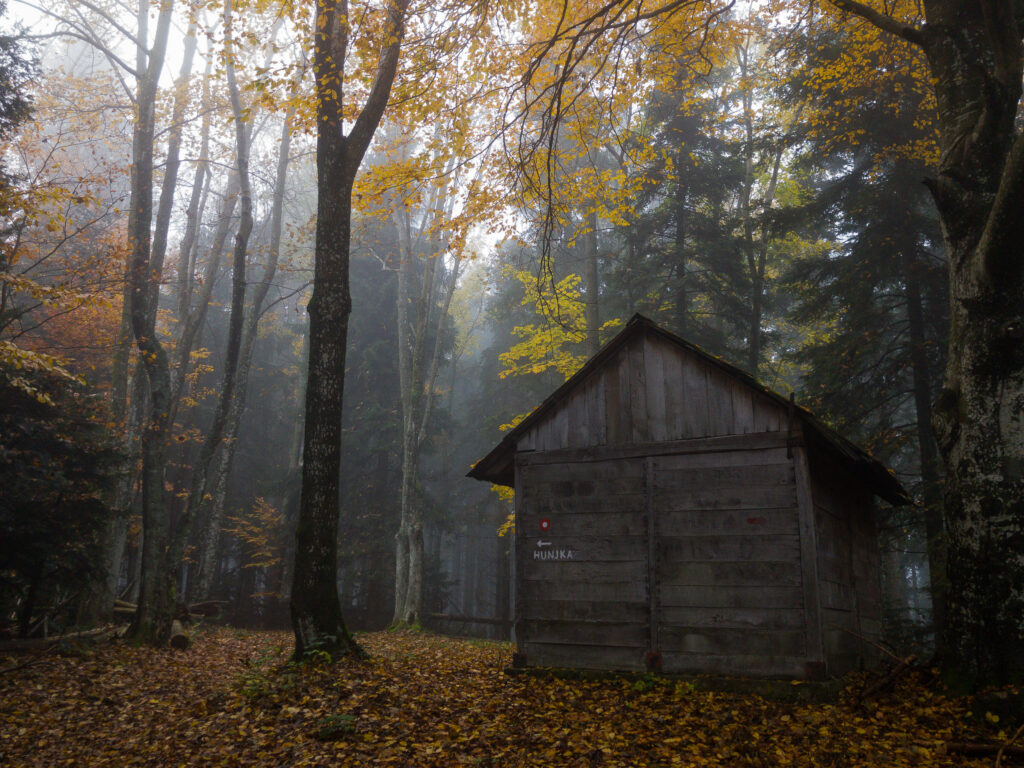
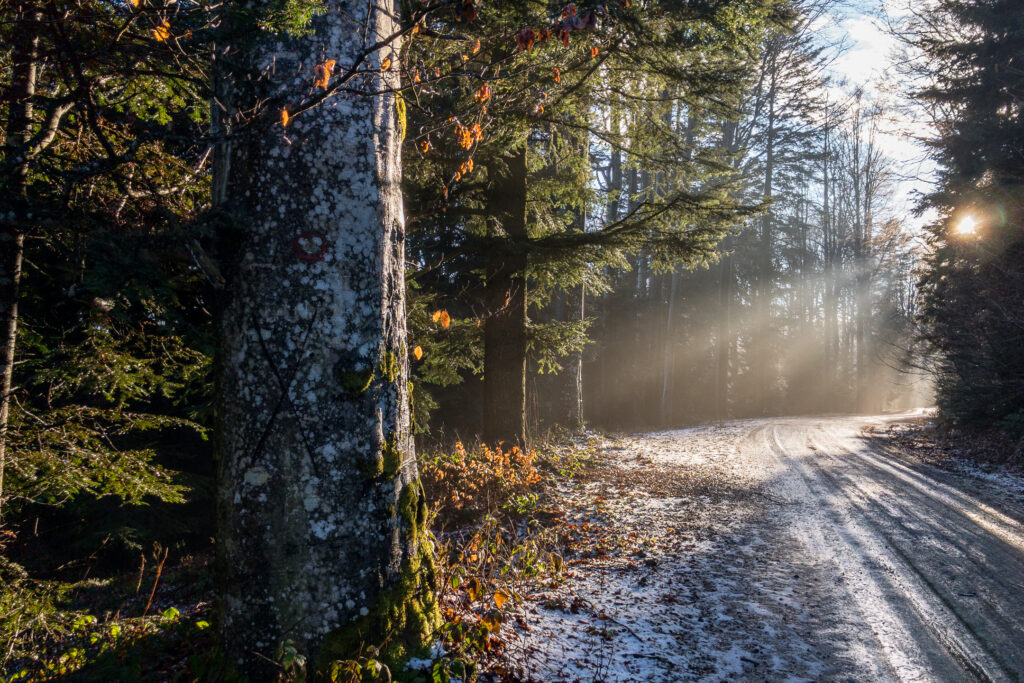 Many nice things. It’s a one-trick pony, though, which is why I recommended the used four thirds set instead, but you can start learning urban or landscape composition with a smartphone just fine. I obviously used a smartphone on occasion, because that’s something I always have with me, even when I don’t take a proper camera.
Many nice things. It’s a one-trick pony, though, which is why I recommended the used four thirds set instead, but you can start learning urban or landscape composition with a smartphone just fine. I obviously used a smartphone on occasion, because that’s something I always have with me, even when I don’t take a proper camera.
So, it’s much like playing music. A beginner can take a Stradivari and still make sounds like a strangled cat. A master violinist can take a beginner’s instrument and sound amazing. This doesn’t mean a beginner couldn’t benefit from a well-made instrument that makes it easy for him to learn. The fortunate thing with photography is that the digital cameras were already quite good 20 years ago, and you can now get them for the price of a good memory card. It was much worse before, when the technology was progressing quickly, and even the newest stuff wasn’t all that great, while the older stuff was completely useless. You couldn’t get an older, used digicam and have it be any good. It’s different today. You can get a used Canon 5d mk II with 21MP resolution for 250 EUR or so. I didn’t recommend it in the previous article because the lenses would make the whole system more expensive, but in any case, photography is now quite accessible.
